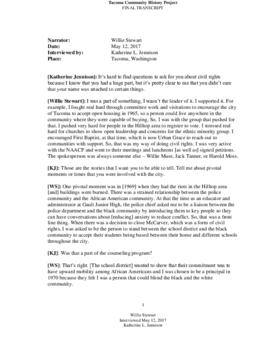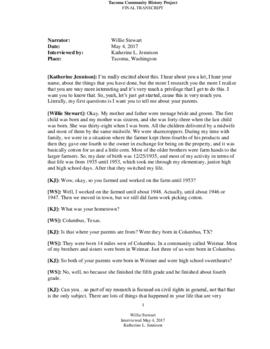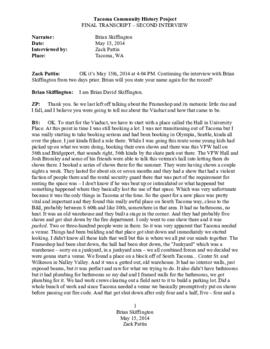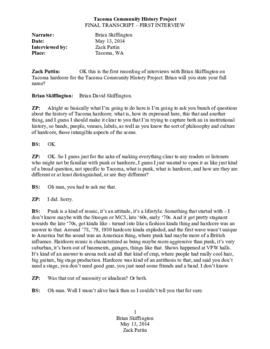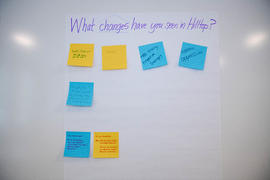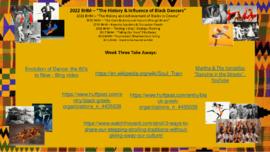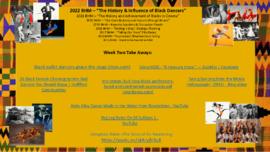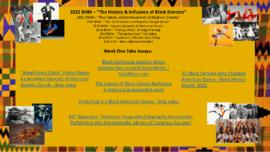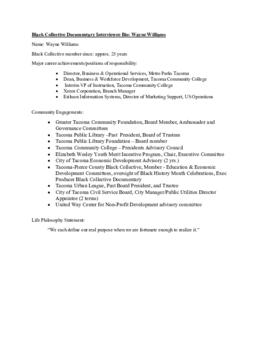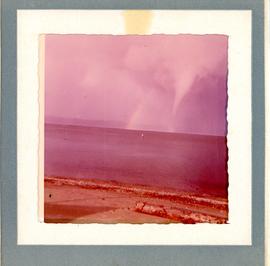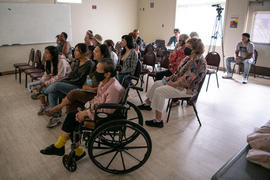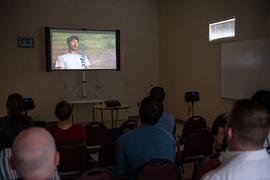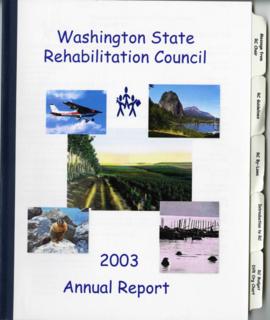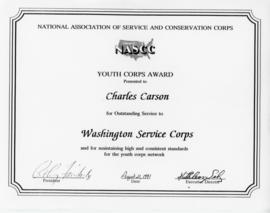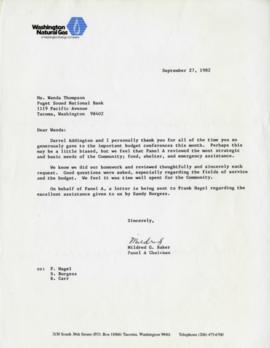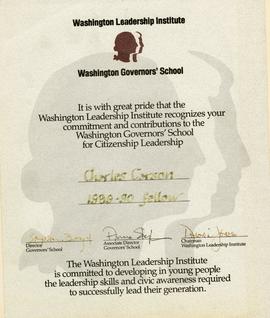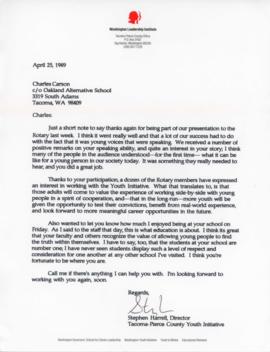Oral history interview with Willie Stewart by Katherine L. Jennison conducted 05/04/2017, 05/12/2017. On the heels of the Brown v. Board of Education decision and the Civil Rights Act of 1964, the Tacoma School District took voluntary measures to desegregate a select number of schools with high non-white enrollment. The district superintendent, Dr. Angelo Giaudrone, drew attention to the de facto segregation, and primarily focused on two elementary schools: Stanley Elementary, with a black population of 64 percent and McCarver Elementary, with a black population of 84 percent. In 1963, a subcommittee was formed to analyze and study the de facto segregation and provide recommendations for potential solutions. On July 8, 1966, a plan was announced by the school board for an optional enrollment program that relied on closing McCarver Junior High and to provide limited open enrollment to students affected by the closing. The district hired its first black principal, Willie Stewart, in 1970 in order to bridge the divide between the school district and the black community. Stewart led the summer counseling program to work with families on the transition between the closing of their neighborhood school and their new school of their choice. According to the United States Commission on Civil Rights a decade later, the summer counseling program was pivotal to the success of the voluntary desegregation program in the Tacoma School District.
